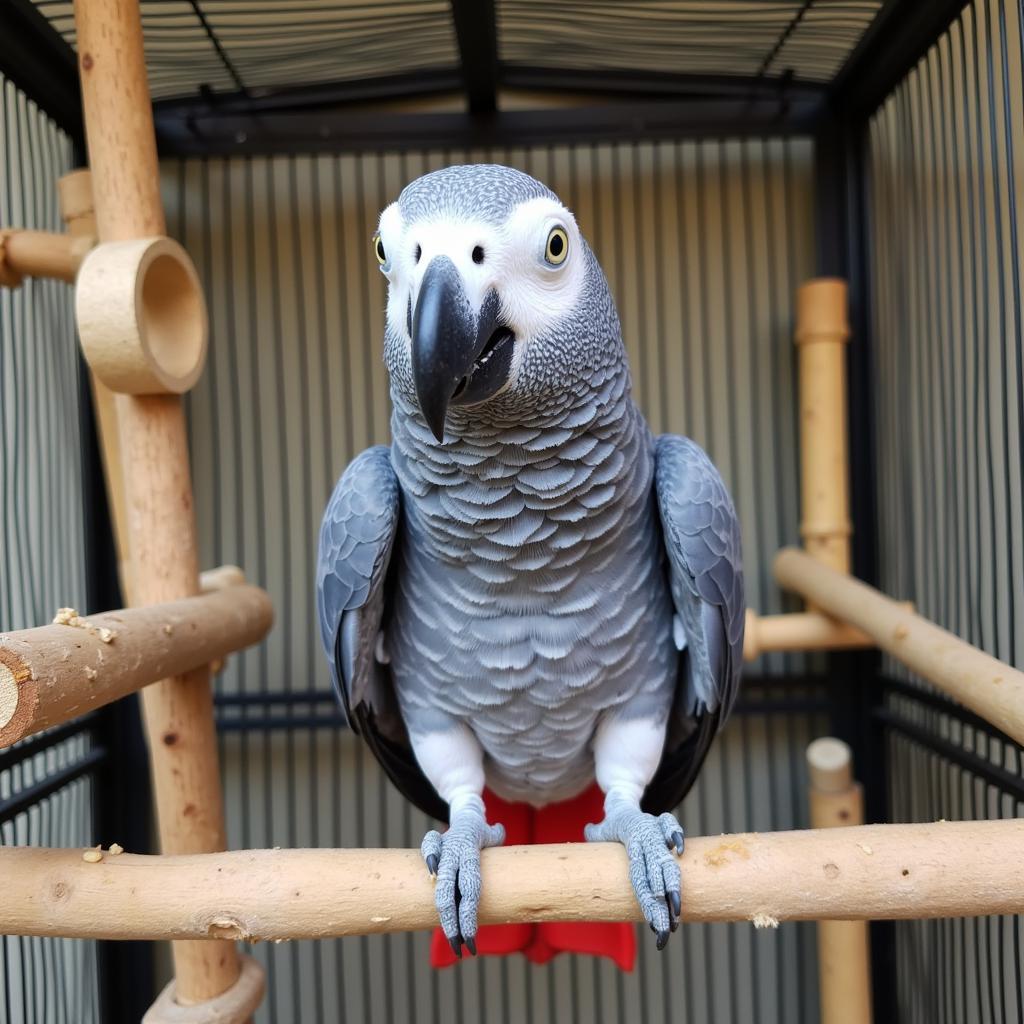African Bakri Palan: A Deep Dive into Goat Farming in Africa
African Bakri Palan, or goat farming, is a cornerstone of rural livelihoods across the African continent. From the arid Sahel to the fertile highlands of East Africa, goats play a vital role in providing food security, income, and cultural significance for millions. This article delves into the various aspects of African bakri palan, exploring its history, diverse breeds, management practices, economic impact, and the challenges faced by goat farmers.
A Historical Perspective on Bakri Palan in Africa
Goats have been domesticated in Africa for thousands of years, with archaeological evidence suggesting their presence since the Neolithic era. Their adaptability to harsh climates and varied terrains made them ideal livestock for many African communities. Over time, specific breeds evolved, each adapted to local conditions and cultural preferences. From the small West African Dwarf goat to the larger Boer goat of Southern Africa, the diversity of breeds reflects the vastness and varied ecosystems of the continent. African bakri palan has traditionally been a family affair, passed down through generations, with knowledge of breeding, feeding, and disease management deeply ingrained in local customs.
The Socioeconomic Impact of African Bakri Palan
African bakri palan is much more than just livestock farming; it’s a vital part of the socioeconomic fabric of many communities. Goats provide a crucial source of protein through milk and meat, contributing significantly to food security, particularly in rural areas. The sale of goats and their byproducts, such as milk, cheese, and hides, generates income for families, empowering women and supporting local economies. Furthermore, goats are often used as a form of currency or savings, representing a valuable asset in times of need. In many cultures, goats also play a significant role in traditional ceremonies and rituals, solidifying their cultural importance.
Managing Bakri Palan: Best Practices in Africa
Successful bakri palan in Africa requires a combination of traditional knowledge and modern practices. Effective herd management, including breeding strategies, disease control, and proper nutrition, is essential for maximizing productivity and profitability. Sustainable grazing practices and access to clean water are also crucial for ensuring the health and well-being of the animals. Many organizations are working to introduce improved breeds and provide training to farmers on best practices in animal husbandry, disease prevention, and sustainable resource management.
Challenges and Opportunities in African Bakri Palan
Despite its importance, African bakri palan faces several challenges. Climate change, with its increasing droughts and unpredictable rainfall patterns, poses a significant threat to livestock production. Disease outbreaks, limited access to veterinary services, and inadequate market infrastructure are also major hurdles. However, there are also significant opportunities for growth and development. Investing in research and development of improved goat breeds, promoting access to credit and insurance for farmers, and strengthening market linkages can enhance the productivity and profitability of bakri palan.
Future of Bakri Palan: Embracing Sustainability and Innovation
The future of African bakri palan lies in embracing sustainable practices and innovation. Promoting climate-smart agriculture, empowering women goat farmers, and integrating technology for improved herd management can unlock the full potential of this vital sector. By addressing the challenges and capitalizing on the opportunities, African bakri palan can continue to play a crucial role in ensuring food security, economic development, and cultural preservation for generations to come.
Conclusion
African bakri palan is an integral part of the continent’s agricultural landscape and cultural heritage. By investing in sustainable practices, empowering farmers, and promoting innovation, we can ensure the continued success of this vital sector and unlock its full potential to contribute to food security, economic growth, and cultural preservation.
FAQs
- What are the most common goat breeds in Africa?
- How does climate change impact African bakri palan?
- What are some sustainable goat farming practices?
- What are the economic benefits of goat farming in Africa?
- What are the major challenges faced by goat farmers in Africa?
- How can technology improve goat farming practices?
- What are the cultural significance of goats in Africa?
Need support? Contact us 24/7: Phone: +255768904061, Email: [email protected] or visit us at Mbarali DC Mawindi, Kangaga, Tanzania.

